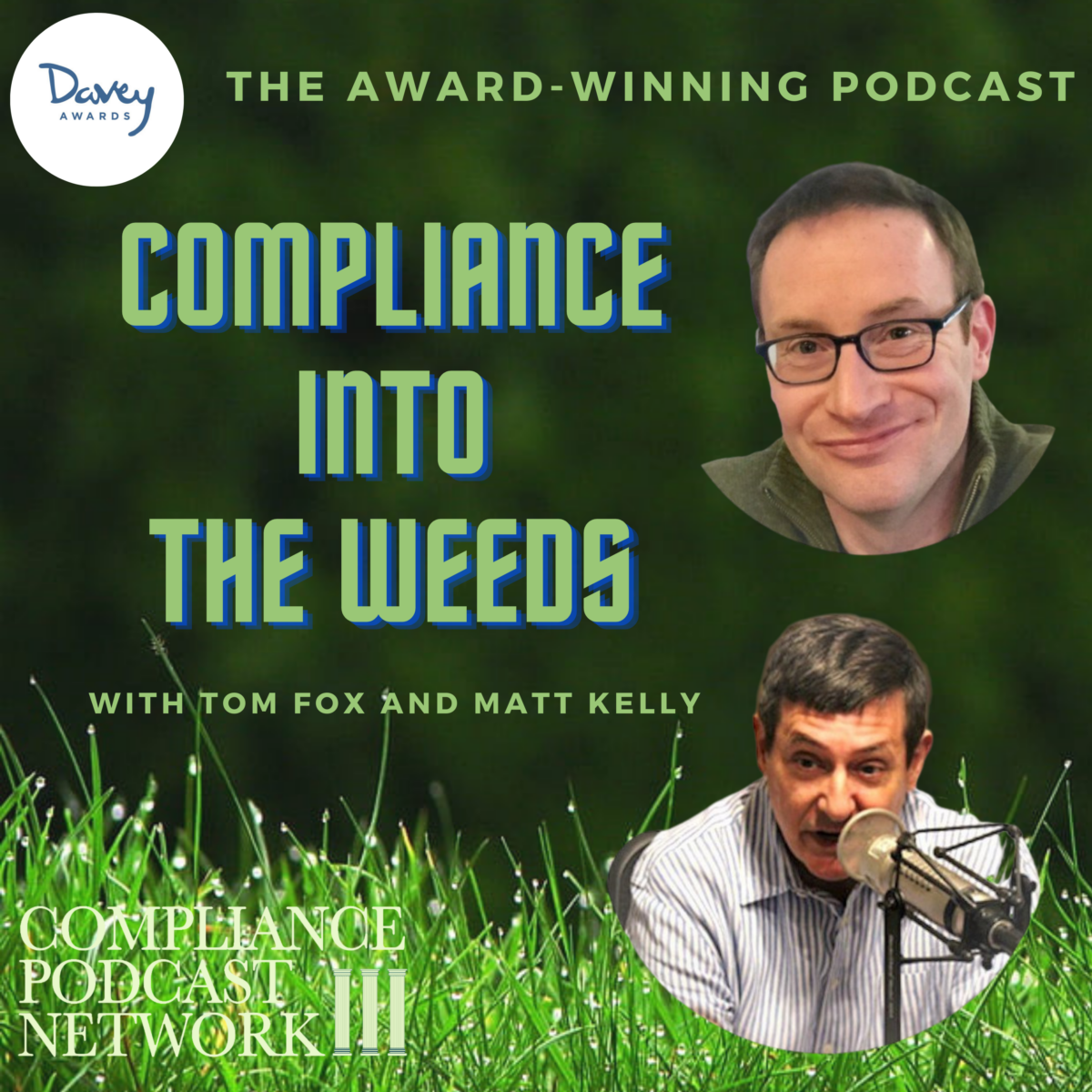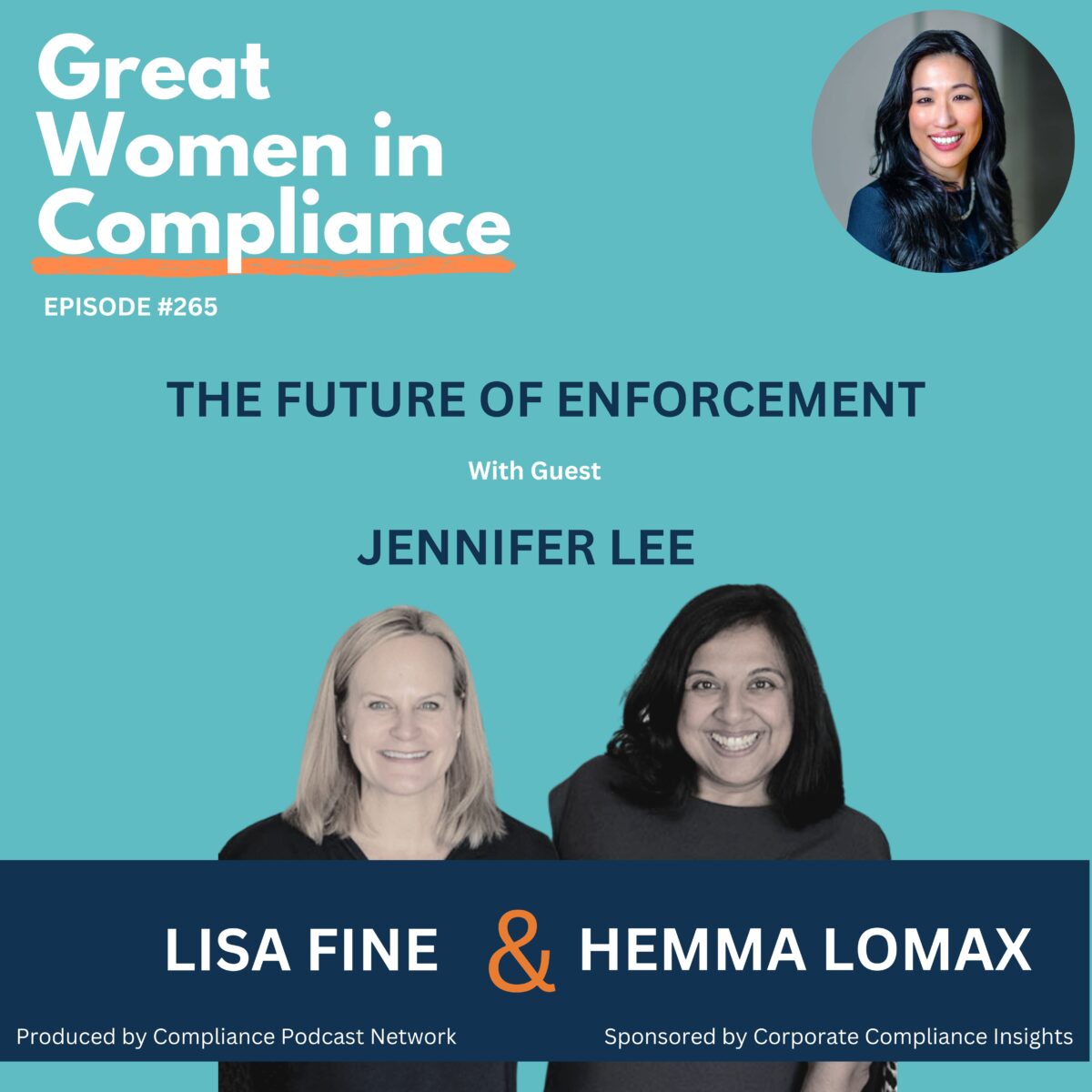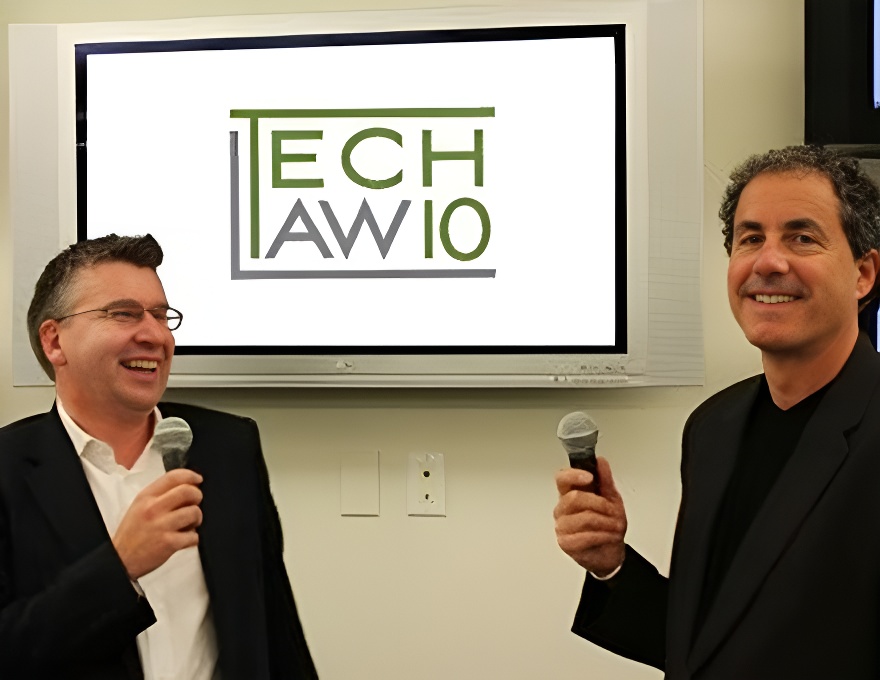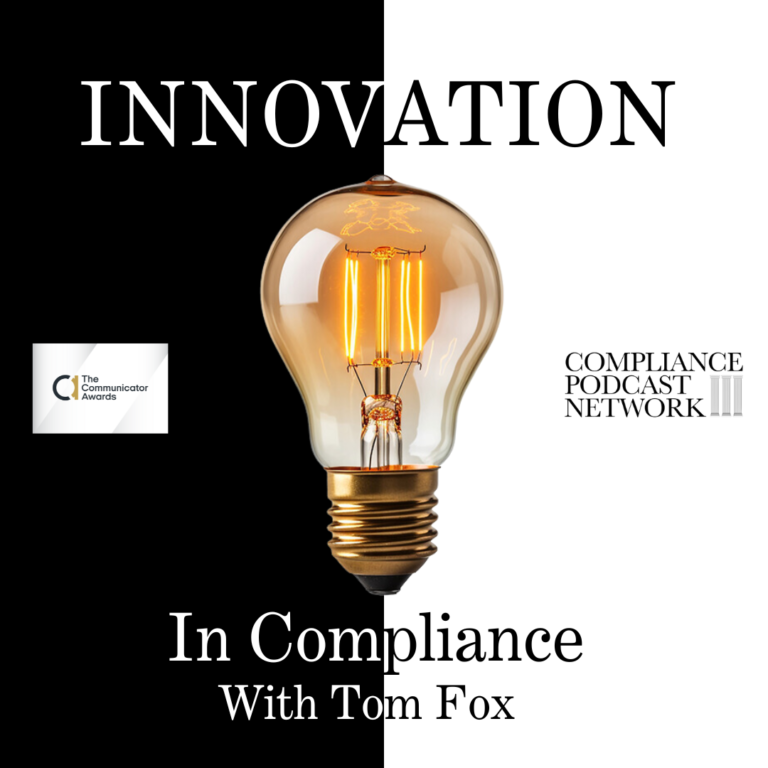In the compliance profession, we are well-versed in managing intricate policies, navigating regulatory expectations, and ensuring that our organizations achieve the highest standards of corporate integrity. However, I have observed throughout my years as a Compliance Evangelist that compliance professionals, much like CEOs, often overlook the importance of leading from the inside out. Today, we discuss why a human-centric approach to leadership has become necessary, not just an aspiration for compliance executives.
I recently found some interesting observations in an article entitled The ‘Inside Out’ leadership journey: How personal growth creates the path to success by authors Dana Maor, Hans-Werner Kaas, Kurt Strovink, and Ramesh Srinivasan. This article comes from a chapter in their book, The Journey of Leadership.
In this article, the authors identified a significant gap between their carefully cultivated business skills and their ability to translate these into effective organizational performance. These leaders had mastered financial acumen, strategic management, and operational excellence, yet they struggled to authentically connect their aspirations to the broader goals of their teams and organizations.
Compliance leaders can also fall into this trap. We immerse ourselves in laws, regulations, and compliance frameworks yet sometimes neglect the equally critical personal dimensions—self-awareness, humility, empathy, resilience, and authenticity—that underpin effective compliance leadership. In this blog post, we will consider this fascinating business phenomenon closely and explore its implications for the compliance profession.
Why Human-Centric Leadership Matters in Compliance
Today’s compliance leaders can no longer rely solely on technical mastery in a fast-moving, complex global environment characterized by rapid digital transformation, unprecedented regulatory demands, and mounting stakeholder expectations. Just as the “imperial CEO” era has passed, so too must the image of compliance professionals as merely legal technicians or gatekeepers fade away. Our profession demands a deeper, more reflective, and more human approach to leadership.
Leadership today requires more than simply managing regulatory requirements and organizational risks. It requires an authentic connection with our teams, stakeholders, and ourselves. Compliance leaders must adopt a human-centric approach, guiding people through difficult ethical decisions, fostering a culture of integrity, and inspiring the organization toward a broader societal purpose.
The Inside-Out Approach
The inside-out leadership model involves an intense focus on self-reflection and self-awareness. It calls upon us to examine the mechanics of compliance and our personal motivations, biases, fears, and aspirations. Compliance professionals must reflect on who we are, how we communicate, and how we influence our organizations.
What personal biases or assumptions do we bring into our compliance programs? Where do our blind spots reside? How can we be more empathetic when investigating difficult ethical breaches or compliance failures? The ability to answer these questions candidly and with vulnerability is not just desirable; it is essential.
Consider the parallels: when leaders carefully examine their inner selves, they become better positioned to manage their organizations’ competing demands and priorities. In compliance, this introspection can be transformative. A compliance officer who models self-awareness and humility can dramatically enhance trust within their organization. Trust, after all, is the lifeblood of compliance effectiveness.
Human Leadership in the Age of AI
Technology is reshaping every facet of our lives, and compliance is no exception. Artificial intelligence (AI), machine learning, and generative AI are already streamlining routine compliance tasks, from monitoring transactions to flagging potential ethical issues. While these advancements offer tremendous efficiency, they simultaneously amplify the need for compliance leaders to focus on the distinctly human dimensions of leadership.
Employees increasingly turn to automated tools and platforms for technical compliance guidance. They seek compliance leaders not simply as sources of information but as empathetic coaches, trusted advisors, and ethical role models. Compliance professionals who effectively marry technological tools with human-centric leadership will not only increase their relevance but also profoundly enhance the compliance function’s organizational influence.
This expectation shift was underscored by a recent survey indicating that employees often trust AI-based guidance over human management in purely analytical scenarios. However, humans remain unmatched in critical areas like ethical decision-making, cultural integrity, and organizational purpose. Compliance leaders, therefore, need to leverage AI not as a replacement but as a complementary tool, thereby enabling greater focus on personal connection, ethical mentoring, and culture-building activities.
Stories from the Field
We see powerful examples of leaders successfully adopting this human-centric approach. Consider the CEO of a global automotive corporation who transformed his leadership style by deeply engaging with his executives’ journeys before offering coaching. Or the healthcare leader who mobilized teams through genuine emotional connections, cultivating trust at all levels.
These examples offer clear lessons for compliance leaders. Imagine the impact when a Chief Compliance Officer builds authentic relationships throughout the organization, becoming a trusted counselor rather than an enforcer. Compliance professionals who take this inside-out approach consistently report better outcomes, more robust engagement, and enhanced organizational compliance culture.
The Bottom Line
Data clearly show that companies emphasizing human-centric leadership outperform those solely focused on financial metrics. Organizations that integrate human skills and technological capabilities exhibit greater resilience, sustained profitability, and less volatility. Compliance leaders who embrace an inside-out leadership journey can drive similar outcomes within their functions.
Compliance professionals are no longer confined to enforcing rules or monitoring regulations. Our mandate is more expansive: to authentically connect, inspire ethical behavior, and cultivate trust-based relationships at every organizational level. By embracing a human-centric leadership model, compliance officers can lead more effectively, resonate more deeply, and impact more profoundly.
Compliance has always been fundamentally about people. As compliance professionals, when we invest in our human leadership journey, we unleash our fullest potential to influence, inspire, and transform our organizations from the inside out.






 Listen now on your favorite platforms, the
Listen now on your favorite platforms, the 






